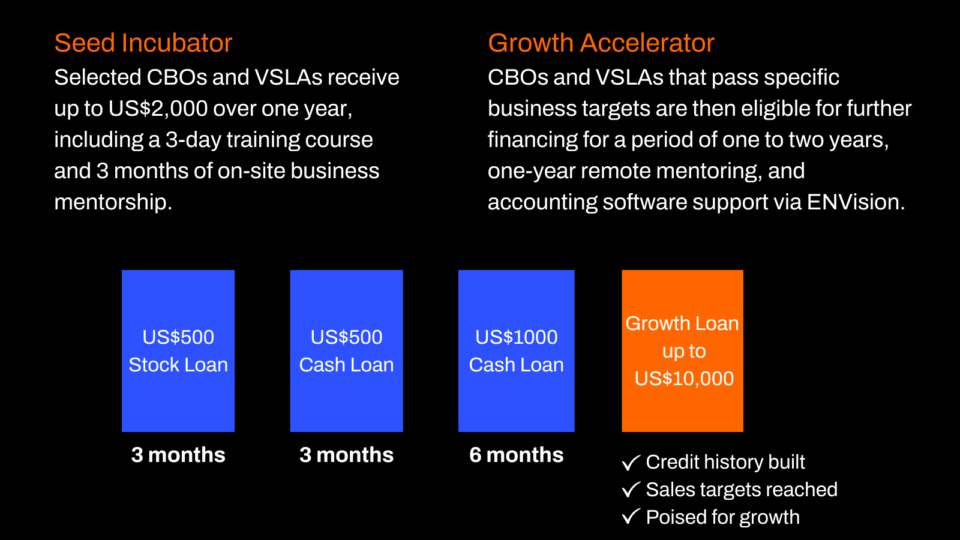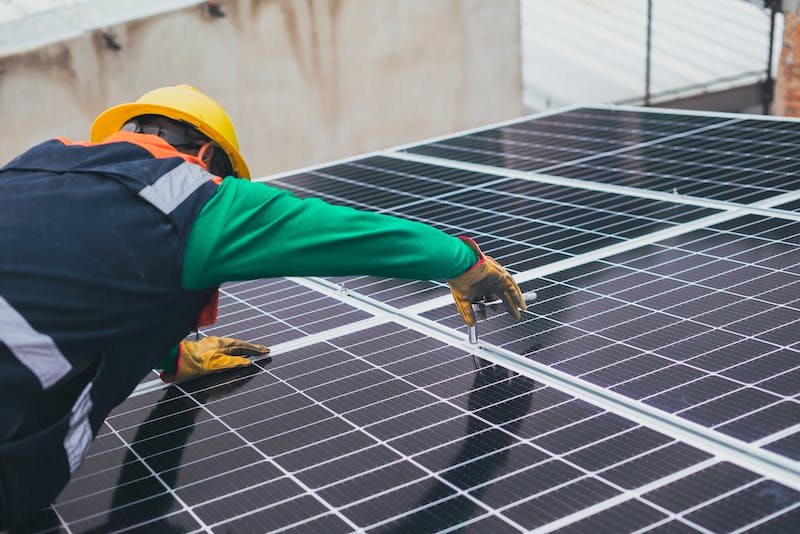 We all know that climate tech startups, especially hard tech, cross multiple valleys of death and therefore need not only more capital, but different types of financing to scale. In the diversification of your startup’s capital stack, project finance can be an invaluable tool.
We all know that climate tech startups, especially hard tech, cross multiple valleys of death and therefore need not only more capital, but different types of financing to scale. In the diversification of your startup’s capital stack, project finance can be an invaluable tool.
At its most basic, project finance is the financing of a project based on its projected cash flows, rather than the balance sheet of its sponsors. Project finance has been used for validated technologies such as wind and solar, but we’re beginning to see new types of proven technologies leverage project finance as they scale.
Who better to tell us about these developments than the startups who have learned to leverage this tool through trial and error? Our program in New York, The Clean Fight, hosted a webinar with the founders of Sealed, Kelvin (formerly Radiator Labs), and Perl Street to hear their stories, critical advice, and lessons learned from leveraging project finance to deploy solutions and scale their businesses. Here are five major takeaways:
1. Determine if and when project finance is suitable for your company
When thinking about pursuing project finance, it’s important to consider your solution’s product market fit and the degree of risk your technology bears.
Andy Frank, President and Founder of Sealed, shared that a startup should think about the tiers of assumptions being made in product market fit and in being successful. If you’re trying to demonstrate that a new technology is viable, project finance is probably not the right vehicle because that’s the wrong kind of risk. Equity investments and government grants are more suitable for financing pure technology risks. However, once you get to the stage of deployment risks and performance risk, project finance may start to make sense.
To sum up Andy’s advice: “Use as little equity capital as you need to deploy projects. Use project finance and debt to fund actual projects in your field, and use any corporate equity capital you raise to fund R&D, growth, and overhead of the business.”
2. Figure out where project finance is best put to work
Once you establish that you’re ready for project financing, set about determining the best use case for these funds. Assess a prominent need or hurdle to overcome in your project’s execution and think creatively about the path to take when deploying these funds.
Kelvin used their project finance loan from NYCEEC to cover the upfront cost of installations for a sizeable project with NYSERDA:
“We had this portion of the project that was going to be paid by NYSERDA at the end of the project, which wasn’t a fixed term so we needed the cash upfront,” says Dr. Marshall Cox, CEO and Co-Founder of Kelvin. “We talked to NYCEEC and they were able to give us a large pay-out that would ultimately get reimbursed by NYSERDA. We had a small interest fee per month until then. That let us pay for everything; we bought all the systems and installed them. We were able to charge the customer far less because it was subsidized, which was essential because we were so early-stage.”
Dr. Cox also warned that: “You really have to make sure you’re ready for it before you do it. If we tried to sell this project 6 months ago and it only worked on a razor thin low-interest rate margin, we would have to abandon it now. So you have to work hard to make sure it’s flexible for different interest rates.”
3. Explore how project finance can shape your business model and offerings
In addition to working out how to deploy project finance, it is worthwhile taking a step back to determine how project finance could shape your business model, and how it might help to strategically mitigate risk.
For example, Sealed leverages project finance to offer zero upfront costs to customers: “The story of Sealed’s growth is the story of our project finance strategy”, says Andy Frank. “We coordinate with local contractors to get a specific project installed, we provide the capital for that installation, and get paid back over time from the overall energy reduction of the project. This addresses the upfront cost issue and builds trust with the customer.”
Tooraj Arvajeh, CEO and Co-Founder of Perl Street, also noted that structuring your startup as a high-credit standalone entity can make it easier to get financing for your projects. This means creating a separate company to own your assets, which reduces the risk for lenders. By doing this, the borrower that owns the assets is seen as a separate and independent entity, making it more likely for lenders to provide financing.
4. Manage your costs well
Effective cost management is also fundamental to de-risking project finance. This can include lowering fixed-costs.
“The project finance process is lengthy and expensive”, says Tooraj Arvajeh. “Startups need to be careful here because if they build up too much capacity in-house themselves, then they are racking up a lot of fixed costs. What that does is move away the break-even point for these projects, which makes the financing harder.”
There are a number of underlying costs that will surface during the execution of any given project. Lofty legal fees are an example of a significant cost that must be appropriately budgeted when attempting to get debt facilities in place for a new deal.
Andy Frank shares that, “Going down the project finance path is not something you should take lightly. There are a lot of costs, both hard and soft, in getting it done. You should do your diligence with your lenders to understand what those costs are going to be. And very importantly, align with your equity investors or other sources of capital.”
5. Diversify your capital stack
Exploring non-dilutive funding options, such as project finance, is a great way to diversify your capital stack, and there are plenty of other resources that can open the door to alternative sources of funding.
Dr. Cox recommends government programs such as those offered by the DOE and NSF. There’s also GSA Green Proving Grounds for solution deployment in federal buildings, and larger grants like Phase 1 and Phase 2 SBIRs that can fund hardware companies for years. Kelvin received a total of $1M non-dilutive funding over 4 years from the SBIR.
Great resources are also coming out of the Inflation Reduction Act (IRA), which in part provides increased incentives for technologies such as heat pumps and other energy storage solutions, with a focus on low-to-middle income communities. Yet, it’s important for startups to deeply evaluate the most sustainable approach to capitalizing on IRA incentives for the longevity of their businesses.
Andy Frank warns, “While the IRA will be an accelerant, do not build your business around any specific incentive program because you will probably go out of business once that incentive money runs out. Even though the IRA is by far the biggest federal injection of cash into the climate tech market that we’ve ever seen, it’s probably going to run out faster than you think.”
Frank adds: “Specifically around project finance, there are some interesting things to come out of the IRA: The Loan Programs Office has even more fuel on their fire. Most early stage companies won’t qualify for that because you need to ask for enough money to make it worth everyone’s while. But what also got passed is a $27B greenhouse gas reduction fund, which some people call a federal green bank. In practice, it’s going to be funding regional and state green banks, so there will be more green bank money. This is both a big opportunity for the early stage market but also a reason for us to be engaged in defining what the goals of those banks will be.”
Project finance can be a valuable tool for climate tech startups looking to scale their businesses. However, it is important to carefully consider if it’s suitable for your company and at what stage in your product’s development it makes sense to pursue it. It’s also crucial to figure out the best use case for these funds and how that could impact your business model and offerings. Effective cost management and risk mitigation strategies are also essential when utilizing project finance. By learning from the experiences and insights of climate tech founders who have successfully navigated project finance, you too can leverage this financing tool to deploy solutions and scale your business.
Sign up for more insights and program updates from The Clean Fight here
If your interest is piqued, you can watch the full webinar with the founders of Sealed, Perl Street and Kelvin, moderated by The Clean Fight’s director of partnerships, Taylor Rowe.
Written by Semira Rose, Partnerships Officer at The Clean Fight.
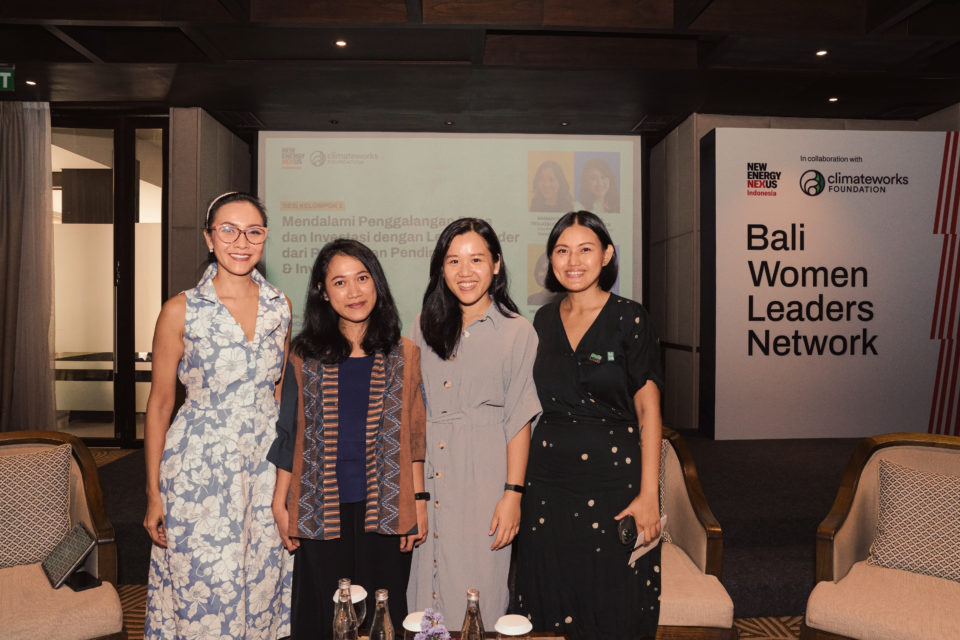
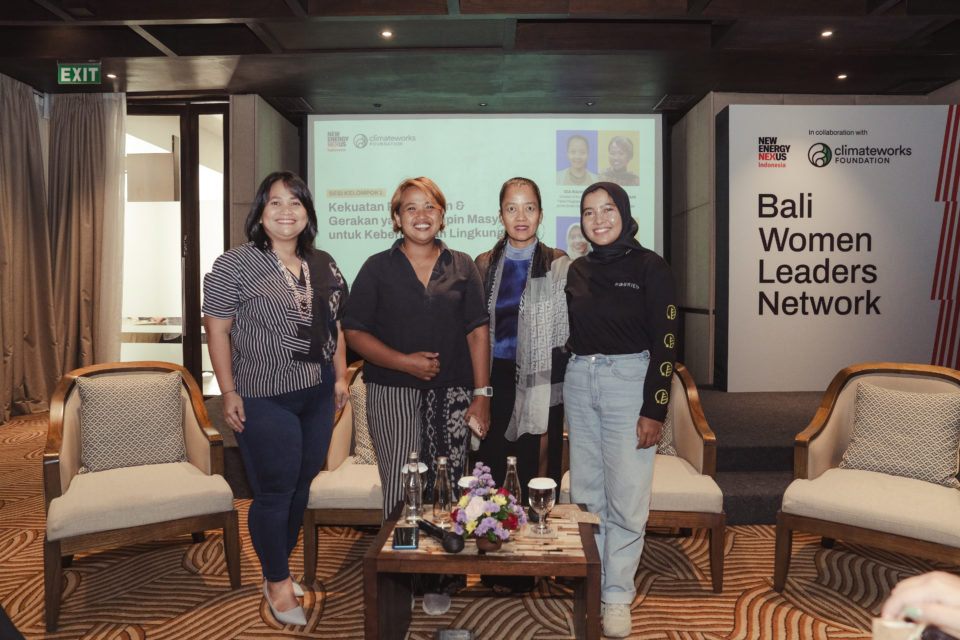

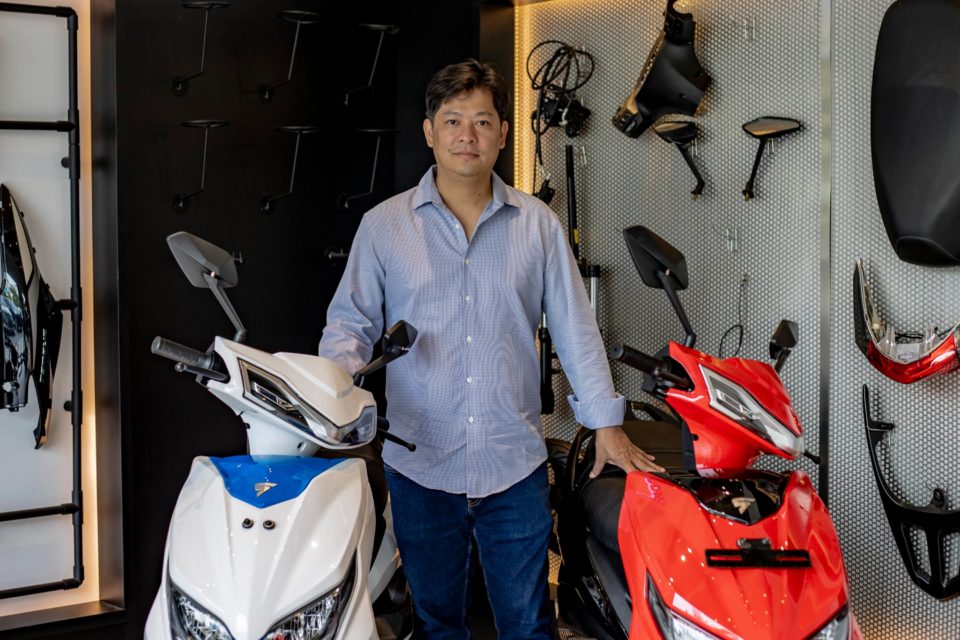
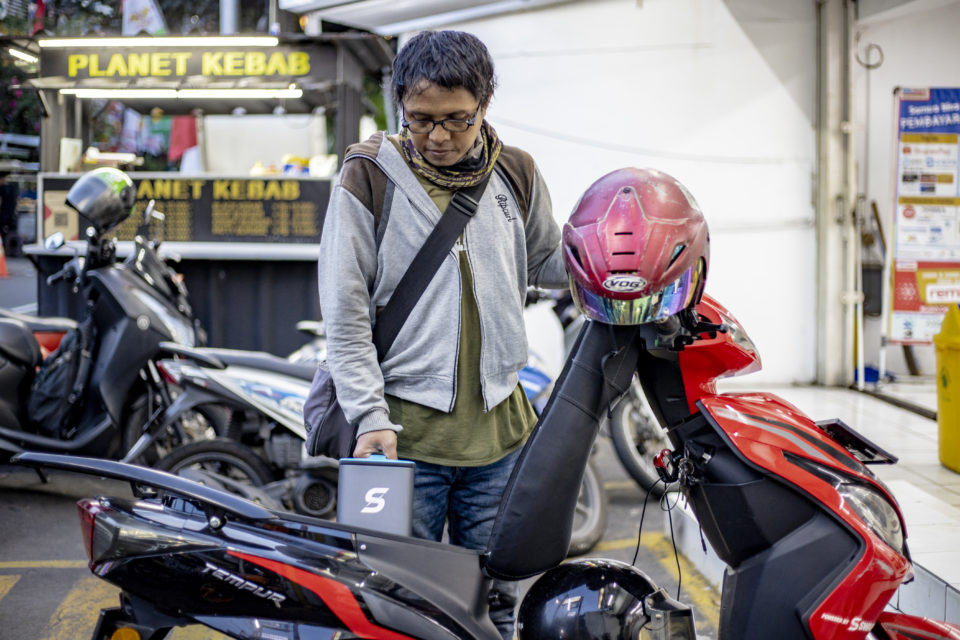
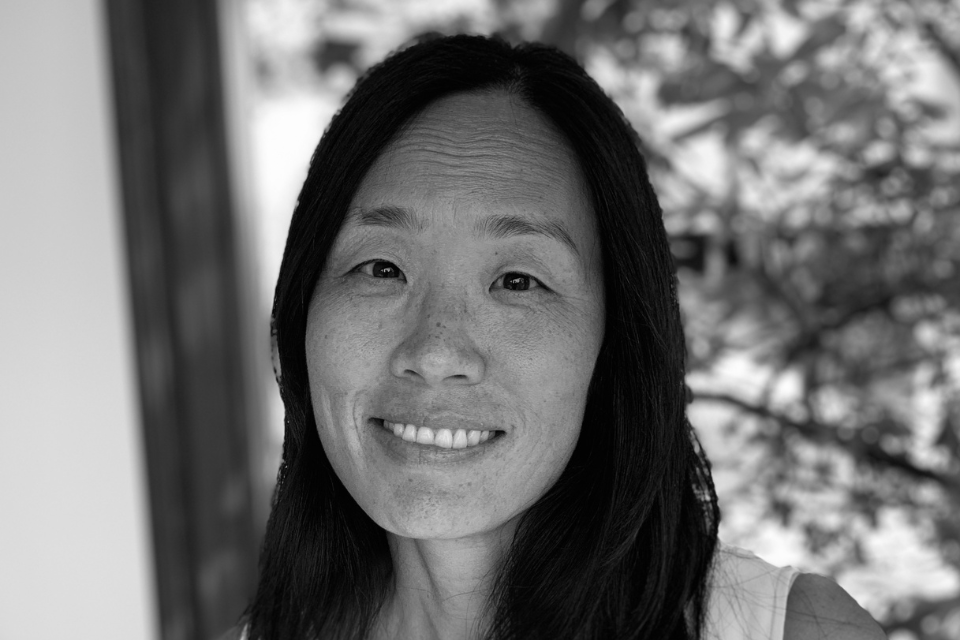
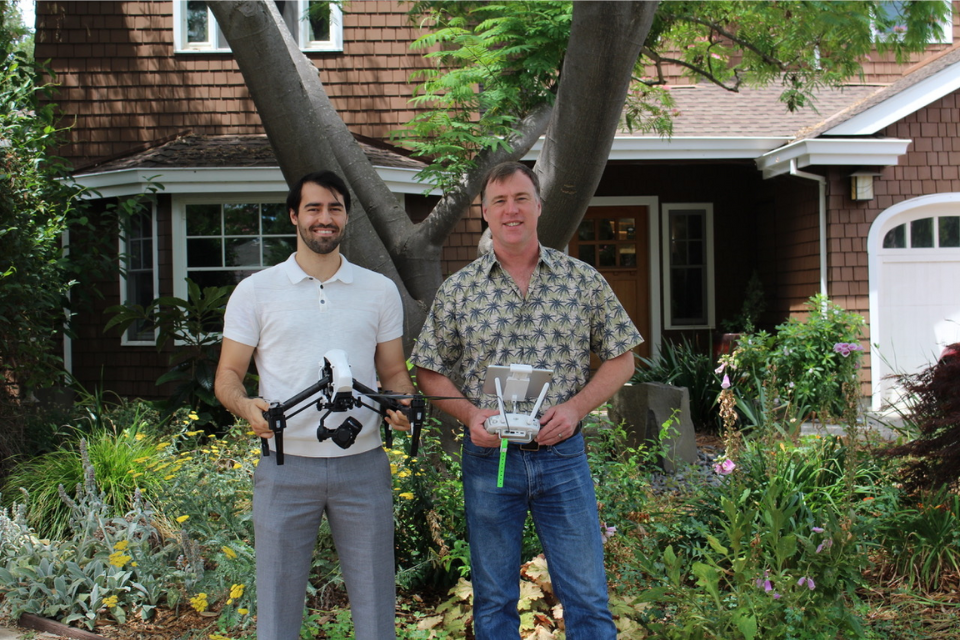

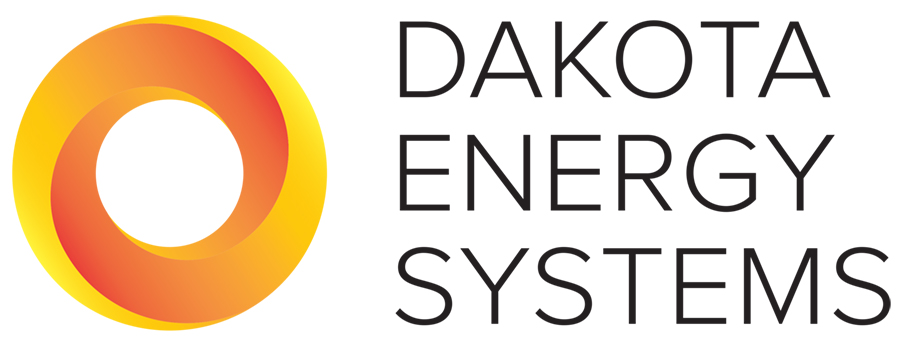

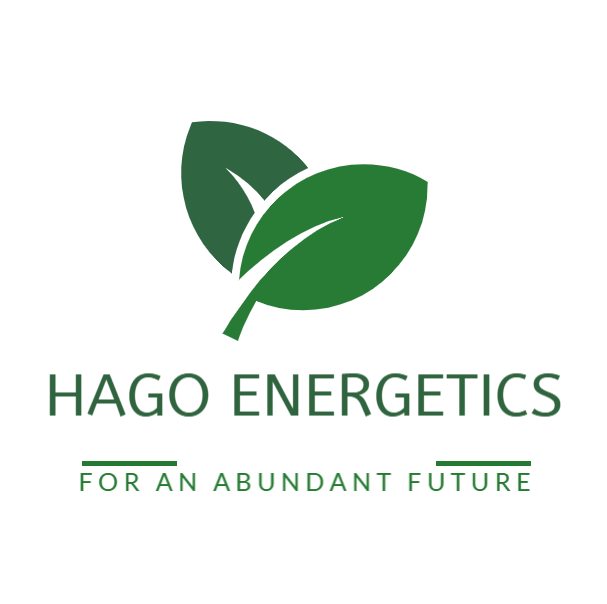



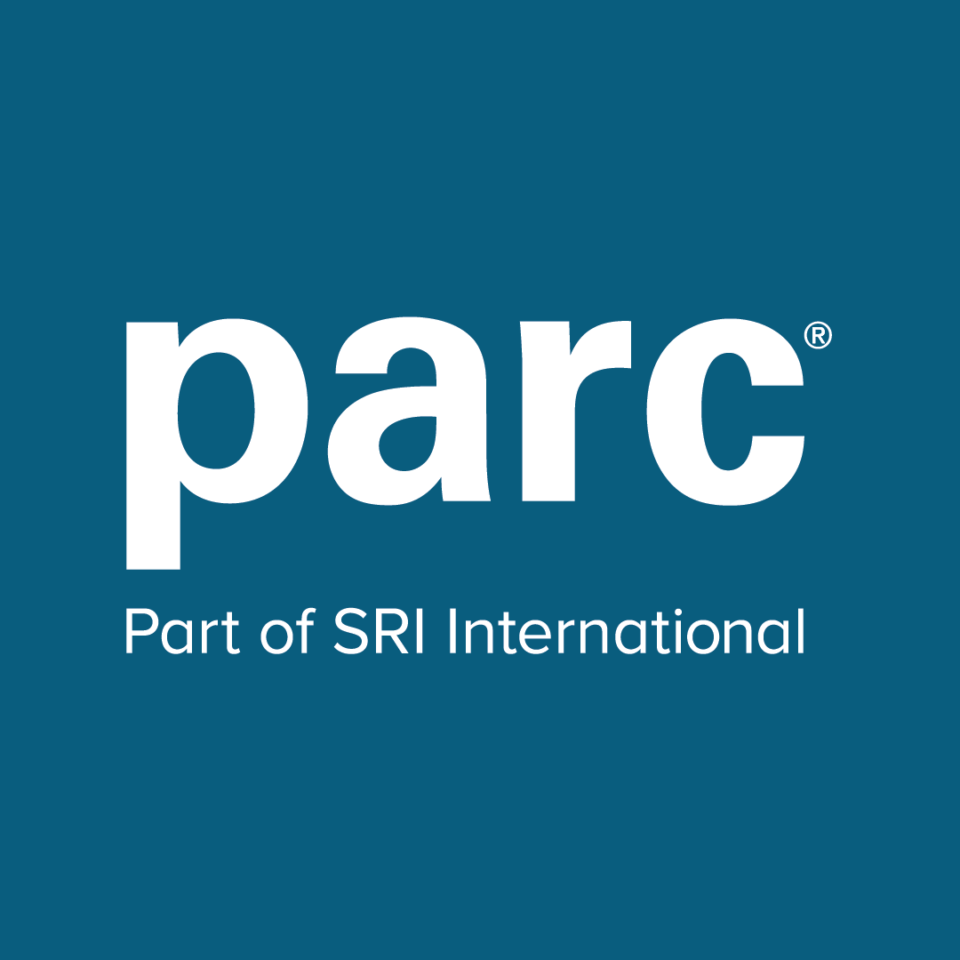


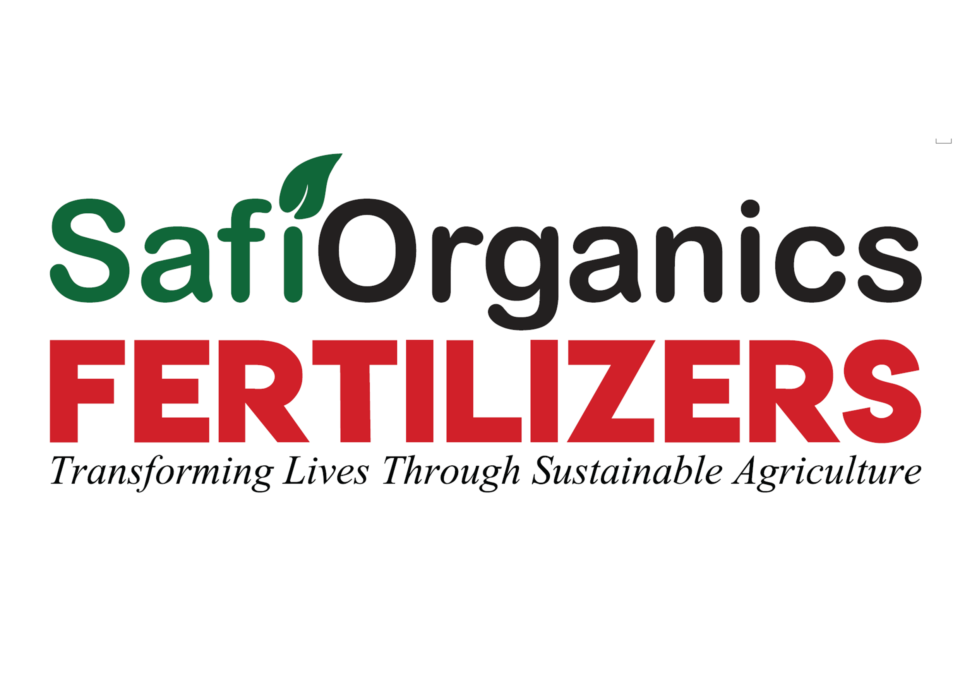







 We all know that climate tech startups, especially hard tech, cross multiple valleys of death and therefore need not only more capital, but different types of financing to scale. In the diversification of your startup’s capital stack, project finance can be an invaluable tool.
We all know that climate tech startups, especially hard tech, cross multiple valleys of death and therefore need not only more capital, but different types of financing to scale. In the diversification of your startup’s capital stack, project finance can be an invaluable tool.